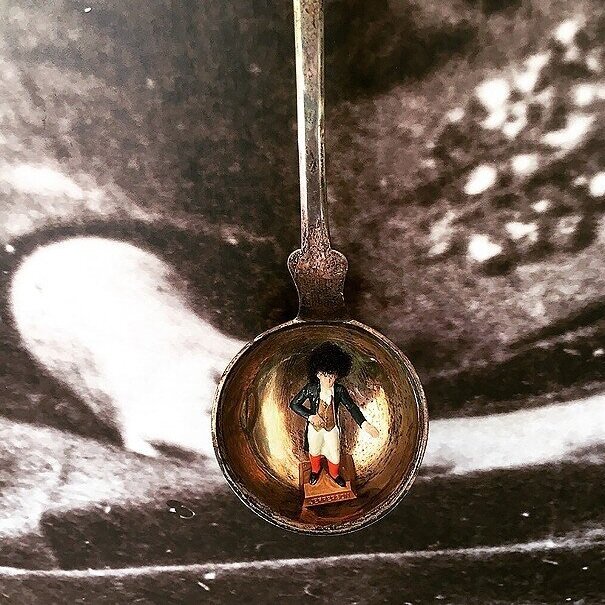Eliza's Peculiar Cabinet of Curiosities
Lynden Sculpture Garden | Milwaukee WI
Open seasonally: April through November (Installed 2016)
This project, constructs a full-scale slave cabin as the central object in imagining what a 19th-century woman of African descent might have collected and stowed in her cabin as her own unique wunderkammer. The cabin subverts the architectural form of the Southern cabin to challenge the perceived status of historical cabinets of wonder and presents a nuanced dimension of Black representation using Eliza’s “collection” to turn the tables on the Eurocentric gaze. Activating the space with objects, imagery and contemporary media that traverse the past, present and future, this work positions the Black imagination as an essential element in Black survival and self-determination. The fictional Eliza not only assumes the role of collector, anthropologist and naturalist; as curator of her wunderkammer she asserts her right to creative and artistic forms of social commentary about her time.










Eliza’s Cabinet: History Objects, and the Black Imagination – A Symposium
October 2016
The relationship between history and the imagination can be a dynamic one in the hands of artists who take history as one of their materials. Why and how are contemporary Black artists excavating, reclaiming, recasting, and revising history? Why is material culture central to this endeavor? What is the relationship between that reclaimed past, the present, and the future? Do artists share a speculative methodology with scholars working in other disciplines? What role has the Black imagination played in Black self-determination, agency, and survival?
Our conversation revolved around Fo Wilson's project at Lynden, Eliza’s Peculiar Cabinet of Curiosities, and the hybrid world Wilson was created–using architecture, objects, and contemporary media-–in Eliza's cabin. In the process of unpacking the meaning of the objects that Wilson has imagined a 19th-century woman of African descent might have collected in her living quarters as her own unique wunderkammer, we hope to consider multiple approaches to using the past to illuminate the present and to construct the future.
Panelists
Dr. Huey Copeland, Andrew W. Mellon Professor at the National Gallery of Art, and Northwestern University
Brandy Culp, Richard Koopman Curator of American Decorative Arts, Wadsworth Atheneum Museum of Art
Dr. Michelle M. Wright, Longstreet Professor of English, Emory University
Dr. Jason R. Young, Associate Professor of History, University of Michigan
Dr. Julie McGee, University of Delaware (moderator)
